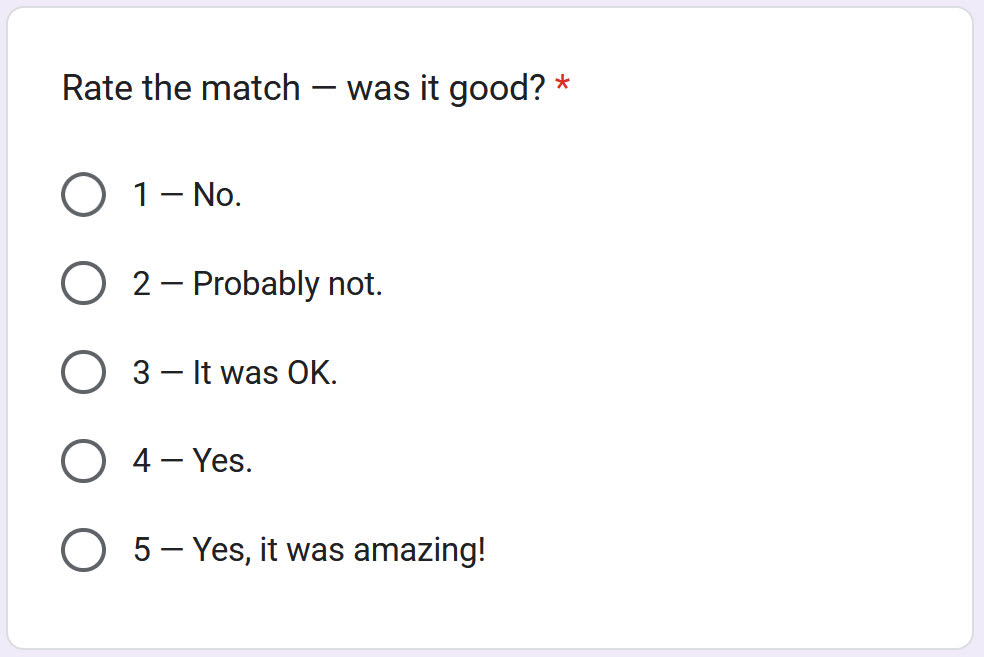Announcing the Double Crux Bot
Edit (July 18, 2025): While the Double Crux Bot is no longer actively maintained, the code is open-source and available here! We phased out the Heroku deployment for the Discord and Slack bot in May 2025. Thanks to everyone who took part! Edit (April 2, 2024): You can now join the Double Crux Bot's own Discord server here. TL;DR: We are releasing a beta version of our chatbot powered by GPT, designed for facilitating Double Crux dialogues between two users on Slack or Discord. We're hoping to receive user feedback to evaluate the bot's usefulness and further work required. You can get the bot for your Slack workspace here and for your Discord server here. Introduction Double Crux is a conflict resolution technique developed for the Center for Applied Rationality (CFAR) workshops, but it can be difficult to use because it might not apply to all problems, conversations can become emotional, or the participants might not have the requisite knowledge to embark on a double crux conversation themselves. Having a facilitator makes it easier, but facilitators aren’t readily available and are pretty much inaccessible outside of defined rationality workshops. There are also widely varying opinions on the best scenarios and strategies for approaching double crux. Our bot provides a low-effort way to engage in double crux for disagreements that people have in real-time, and it systematizes the method to an algorithm we have developed and continue to refine. Example Scenario Say you and your co-worker disagree about whether you should create a code of conduct policy for your organization. One of you is strongly against it, and the other one is strongly for it. Despite rehashing your reasoning multiple times, you cannot reach an agreement. The bot might help you to understand that your co-worker thinks a code of conduct policy might be counterproductive if it isn't enforced well, whereas you think that, even without enforcement, it has a positive net effect on overall cult

Is there any particular reason to expect they would be memetic viruses?